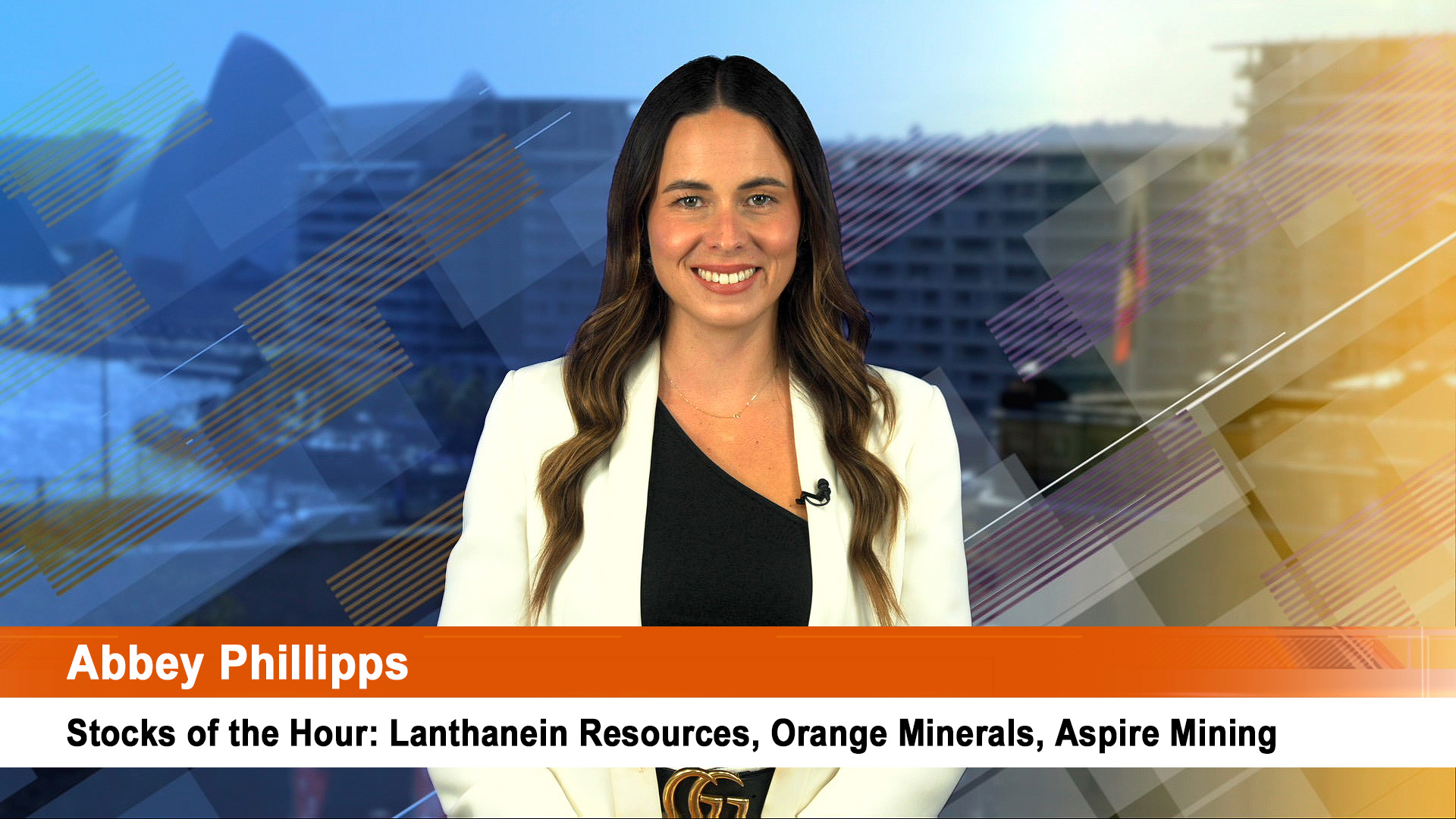Westpac warned yesterday that rising short-term borrowing costs will trim first half earnings by about $85 million.
The bank said in a market update that funding costs have increased by 0.20% to 0.30% since last September, thanks to the credit crunch generated by the subprime mortgage crisis in the US.
"Net impact of higher funding costs in 1H08 estimated at around A$85m, before offsets which include increased balance sheet growth, improved lending credit spreads and improved trading flows from market volatility," the bank told the market.
Westpac said in the update on the impact on banking of the global credit squeeze companies with more debt maturing this year are under greater scrutiny
The bank repeated its earlier comments from a similar update late last year that it had no direct investments in US subprime mortgage assets.
The bank said that it will sell $30 billion of long-term debt in the 12 months ending September 30, which will probably cost 0.34% to 0.40% more than in the previous period.
The bank also said margin calls on its $4.9 billion margin lending portfolio increased to 3% of accounts in January.
Westpac shares fell 34c to $25.90 as investors assessed the news of the rate rise in the afternoon. The update was issued in the morning.
The stock has fallen 7.1% so this year.
In the statement Westpac made a big deal about its liquidity, stressing it.
It said it was "Holding significantly more liquidity than normal – current liquid asset balance is around A$30bn • Holding sufficient liquidity to cover all offshore short term outstandings for 6+ months • Prudent liquidity position has supported lending to new and existing customers • Prudent liquidity position has provided flexibility to price debt issuance consistently as market conditions change."
It said all Australian Banks were operating in a "Sound economic environment" with a "proactive regulator, clean balance sheets, no direct sub-prime exposure and Stable AA credit ratings."
It said it had a "consistent wholesale funding strategy for more than 10 years, no reliance on any one funding source, global co-ordination, senior management experience, legal infrastructure ahead of capacity."
It had "access to new markets such as a 77billion yen Samurai bond issue (Jan 08); A$20bn issued in term markets since sub-prime fallout in Aug 07, A$10.5bn issued via public deals • A$12bn issued in term markets year to date (approx. 40% of FY08 wholesale funding plan), A$6.5bn via public deals Solid reverse enquiry flows: A$9.5bn issued in private placement market since Aug 2007, A$5.5bn year to date."
And in a separate statement the Commonwealth Bank has rejected speculation that an accounting change is a signal that its first half financial results would include significant unrealised losses on derivatives used for hedging purposes.
Instead, the Commonwealth says it will report "a small unrealised gain on derivatives used for hedging purposes", when it announces its results for the half year to December 30, 2007.
A statement on Monday to the market updating how it would treat certain items in the interim result out next Wednesday, revealed the accounting charge.
Nervy investors took this to mean that it would be reporting a loss and sold the shares down heavily in the afternoon. They fell $2.12 to $49 and the slump helped drag the market down in late trading, especially banks.
Yesterday the bank released a further statement which said:
"On 4 February 2008 the Commonwealth Bank of Australia advised the Australian Securities Exchange that it planned to change its definition of Cash Net Profit After Tax to exclude unrealised gains and losses on derivatives used for hedging purposes. That change would be effective immediately and would apply to its interim result for the six months to 30 December 2007 which will be released to the market on 13 February 2008.
"Following the release of this information it became apparent that this had been interpreted by some market participants that the Group was signalling that its interim result would include significant unrealised losses on derivatives used for hedging purposes.
"Commonwealth Bank of Australia CFO, David Craig has rejected this speculation and advised that for the six months to 30 December 2007 the Group would, in fact, report a small unrealised gain on derivatives used for hedging purposes."
The market looked at it, pondered, looked at the interest rate rise from the RBA and decided it liked it and CBA shares rose 82c to $49.92.













